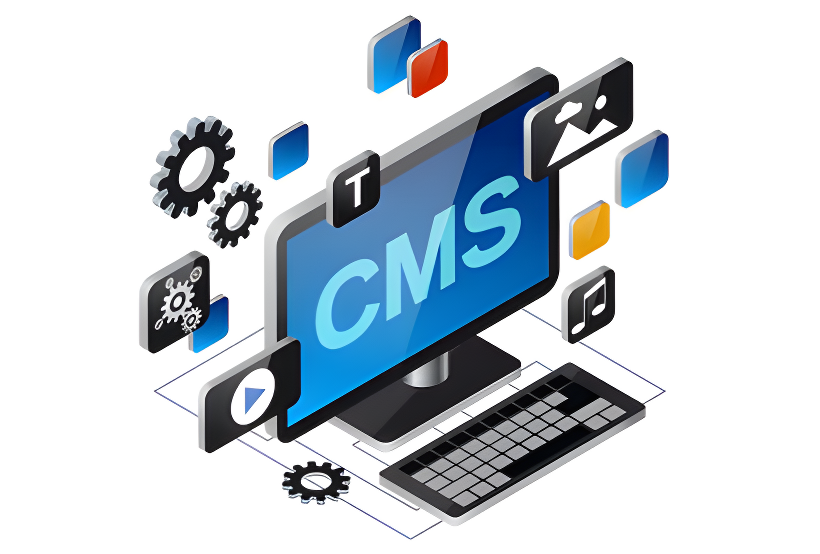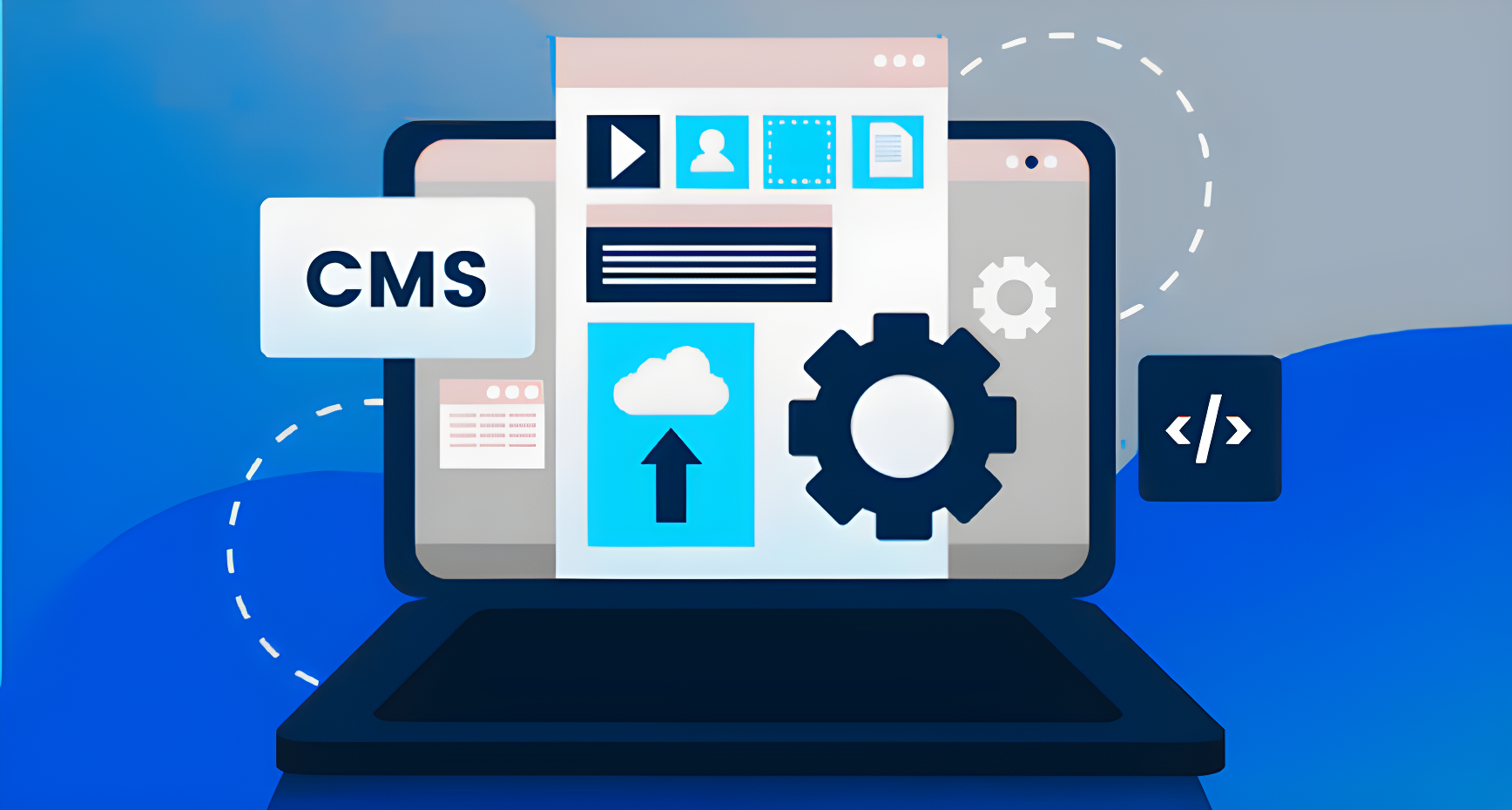

Blogs

In today’s digital landscape, managing website content effectively is essential for maintaining a dynamic online presence. CMS development provides the tools and flexibility to update, organize, and publish content without needing extensive technical expertise. With a robust CMS, businesses can keep their sites fresh, relevant, and user-focused.
An efficient CMS streamlines workflows, enabling team collaboration and content scheduling. Features like version control, user roles, and SEO tools are integral to modern CMS platforms, allowing for consistent content quality and optimized performance across different devices and search engines.
“A powerful CMS is the backbone of a successful website. It enables teams to deliver content effectively and ensures that users always find up-to-date and engaging material.”
A well-implemented CMS allows teams to focus on creating valuable content rather than dealing with technical complexities. By centralizing content management, a CMS makes it easier to maintain brand consistency, streamline updates, and enhance the user experience.
01. Benefits of Using a CMS for Website Management
Using a CMS simplifies website management, making it accessible to non-technical users. With a user-friendly interface, team members can easily create, edit, and publish content, ensuring that websites stay current and engaging. This flexibility is especially beneficial for businesses that need frequent updates.


A CMS provides control over essential elements like SEO, user permissions, and responsive design. These tools contribute to a better online experience for users and enhance brand visibility, while also allowing businesses to quickly respond to changing market trends.
- Enhanced CMS capabilities support efficient content management.
- Responsive CMS designs optimize websites for various devices.
- User roles and permissions improve team collaboration.
- SEO-friendly features boost search engine rankings.
02. Key Trends in CMS Development for 2024
As we move into 2024, CMS platforms are evolving to meet the demands of content-driven businesses. Trends like AI-powered content recommendations, headless CMS architecture, and improved personalization are transforming how websites interact with users. A modern CMS must adapt to these trends to stay competitive.
Focusing on flexible design, integration capabilities, and security measures, CMS development is at the forefront of providing businesses with scalable, future-ready solutions that align with the evolving digital landscape.
A strategic CMS approach empowers businesses to create a consistent, engaging digital presence. With the right platform, brands can efficiently manage content and respond to market trends while delivering value to their audience.
03. Conclusion: CMS Development for Success
CMS development is essential for businesses that rely on content to engage their audience. By embracing the latest trends and focusing on usability, security, and scalability, companies can create an effective content strategy that drives growth and user satisfaction in 2024 and beyond.

